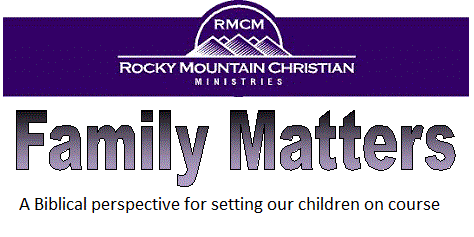Tuesday, May 11, 2010
My son is a 13. I know our relationship as parent child is suppose to be changing, but many of my fellow parents have told me that I should just be his friend. I am not comfortable with being his 'Friend'. Any suggestions how to manage the teen years?
W's Reply
We are glad you are not comfortable with just being his friend. Throughout the teen years they need you to be a wise adult, as much now as ever before, helping them set healthy boundaries in regards to behaviors friends and activities. Ideally, you can also be their friend, but the primary role is as a loving, guiding parent who is helping prepare them for their eventual independence.
N's Reply
The relationship does change as your child becomes a young adult and starts to become more responsible with decisions etc. I don't think just being their "friend" is the answer. For us we are still the parent but also have a more grown up listening friend approach. (it is a tough switch for me the mom) Don't give up that window of time of them listening, wanting and needing your input because you can't let them grow. It is still very important to stay involved and know what is going on i.e friends, school, dating etc.
There is a lot of sleep lost in the teen years IF you truly are staying involved. I think I got less sleep with our teenagers then when they were infants.
Your teenager needs lots and lots of your time!
A couple incredible books out there-
Confident Parents-Exceptional Teen- by John Bolin and Ted Haggard
The White Water Rafting Years- Ian Grant and John Cowan
L's Reply
One of the best pieces of wisdom I hear was "Rules without Relationship = Rebellion", "Relationship without Rules = Insecurity." This is a great time to invest in a relationship with your child. Get to know them at this developmental level. Spend time with them doing what they like, taking them on adventures, encouraging peer relationships and socializing. Also, put down boundaries for them such as a curfew, responsibilities around the house, accountability for honesty, grades, and integrity. I would lay out simple expectations for behavior and stick to those expectations. Thirteen is a great age to sit down with them and have a talk with them about what you expect as they move into adulthood, what your boundaries will be and are and what you hope your relationship will look like and how you, as the adult, will implement ways to make that relationship flourish. The best way to do this is to provide an example through your own actions - they are watching you more than ever to figure out what it looks like to be an adult and how to interact with others.
Subscribe to:
Post Comments (Atom)


He will have plenty of friends, but only one of you!
ReplyDelete